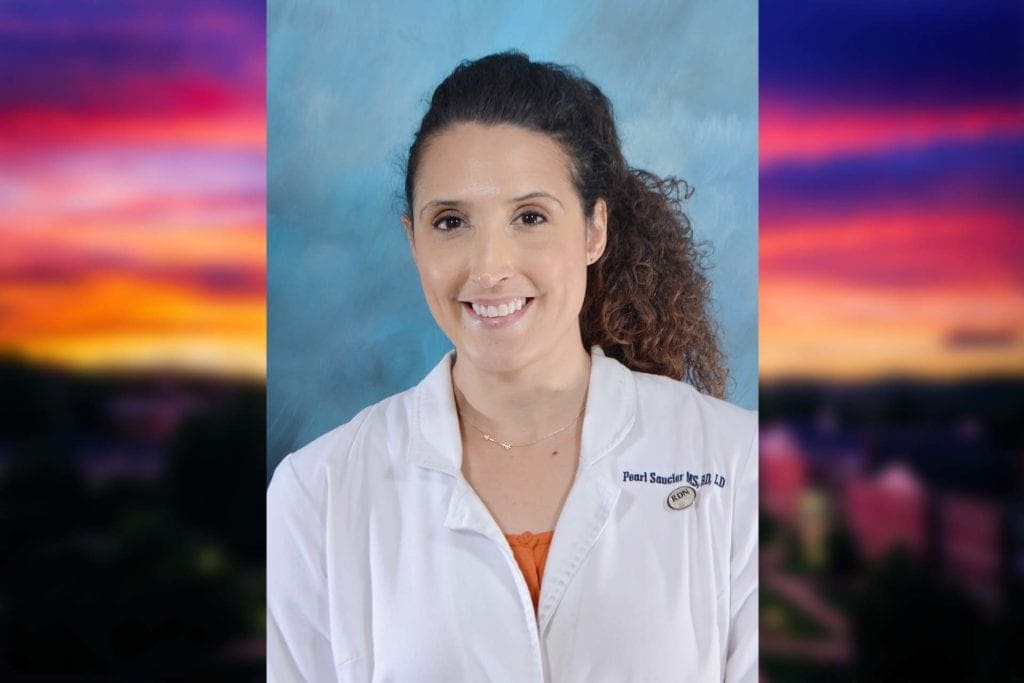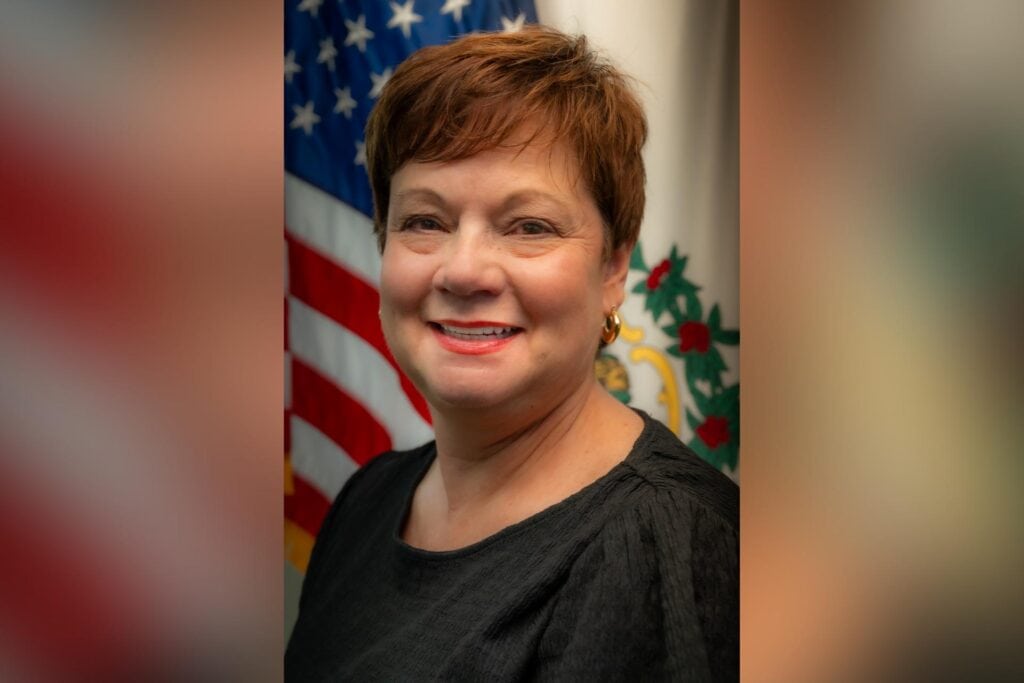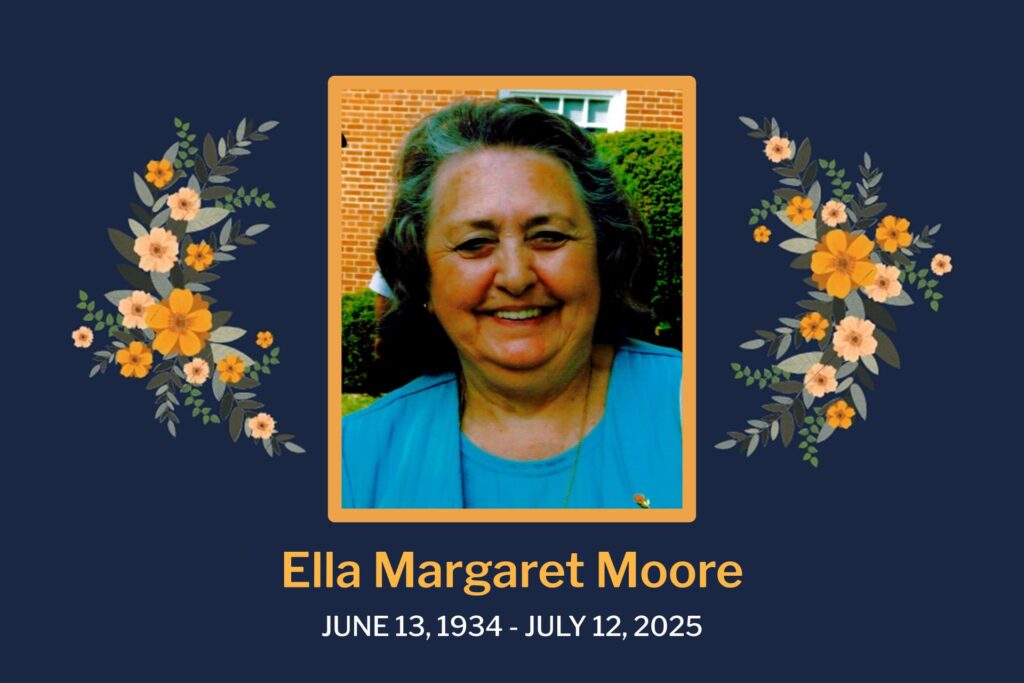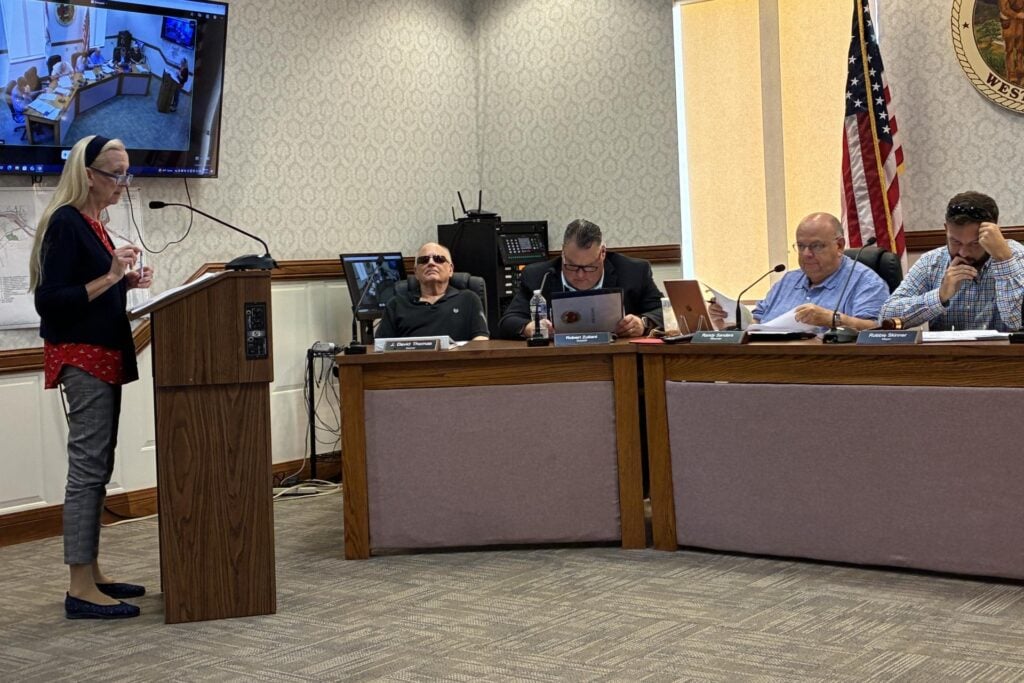Weston’s Stonewall Jackson Memorial Hospital has scheduled (SJMH) a 6-week series of diabetes education classes, which will be held Thursday, October 3 through November 7, from 1 to 3 p.m. each day at 251 West Second Street, Weston, WV, 26452.
Two Stonewall Jackson Memorial Hospital staff members – Population Health Nurse Sarah Rolenson, BSN, RN, and Registered Dietitian Pearl Mealey, – who received certification as Peer Educators through the Diabetic Empowerment Education Program, will be teaching the classes.
Diabetes is a disease in which one’s blood glucose, or blood sugar, levels can run higher or lower than recommended numbers. Glucose comes from the consumed foods and provides fuel our bodies need. Insulin is a hormone that helps the glucose get into the cells to give them energy. With type 1 diabetes, the body does not make insulin. With type 2 diabetes, the more common type, one’s body does not create enough or use insulin well. Without enough insulin, the glucose stays in the blood.
Having pre-diabetes puts a person at a higher risk of getting type 2 diabetes. Over time, having too much glucose in the blood can cause serious problems. It can damage eyes, kidneys, and nerves. Diabetes can also cause heart disease, stroke and even the Loss of a limb (poor wound healing could also be mentioned) a limb.
Pregnant women can also get diabetes, called gestational diabetes.
Blood tests can show if one has diabetes. One type of test, the A1C, can also check on how a person is managing his/her diabetes. Exercise, weight control and sticking to a meal plan can help control diabetes. The patient should also monitor their own blood glucose level and take medicine if prescribed.
Diabetes has escalated to epidemic proportions in West Virginia, where approximately 12% of adults have been diagnosed with diabetes by a health care professional. West Virginians have also experienced higher prevalence of co-morbid conditions such as obesity, physical inactivity, hypertension and hyperlipidemia.
According to the WV Department of Health and Human Resources, there are an estimated 240,626 people in West Virginia who are diabetic. There are 65,210 West Virginians who are undiagnosed.
As the agency noted, “Access to diabetes education, care and management is limited and/or non-existent in many rural areas of West Virginia. People living in these rural areas are therefore more likely to have devastating diabetes consequences. The social, psychological, physical and economic costs associated with diabetes, create a burden for individuals, families, the state and the nation.”
Please call by contacting Casey at 304-473-0670 to make a reservation for this free six-week class.














